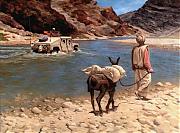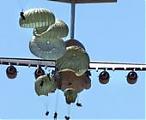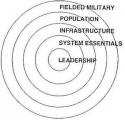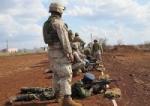In Princes’ Pockets
Tariq Ali
America’s Kingdom: Mythmaking on the Saudi Oil Frontier by Robert Vitalis · Stanford, 353 pp, £19.50
Contesting the Saudi State: Islamic Voices from a New Generation by Madawi Al-Rasheed · Cambridge, 308 pp, £19.99
The day after the attacks on New York and Washington in 2001, a Saudi woman resident in London, a member of a wealthy family, rang her sister in Riyadh to discuss the crisis affecting the kingdom. Her niece answered the phone.
‘Where’s your mother?’
‘She’s here, dearest aunt, and I’ll get her in a minute, but is that all you have to say to me? No congratulations for yesterday?’
The dearest aunt, out of the country for far too long, was taken aback. She should not have been. The fervour that didn’t dare show itself in public was strong even at the upper levels of Saudi society. US intelligence agencies engaged in routine surveillance were, to their immense surprise, picking up unguarded cellphone talk in which excited Saudi princelings were heard revelling in bin Laden’s latest caper. Like the CIA, they had not thought it possible for him to reach such heights.







 With allies like Pakistan and them how can we go wrong?
With allies like Pakistan and them how can we go wrong? 








 ).
).




Bookmarks